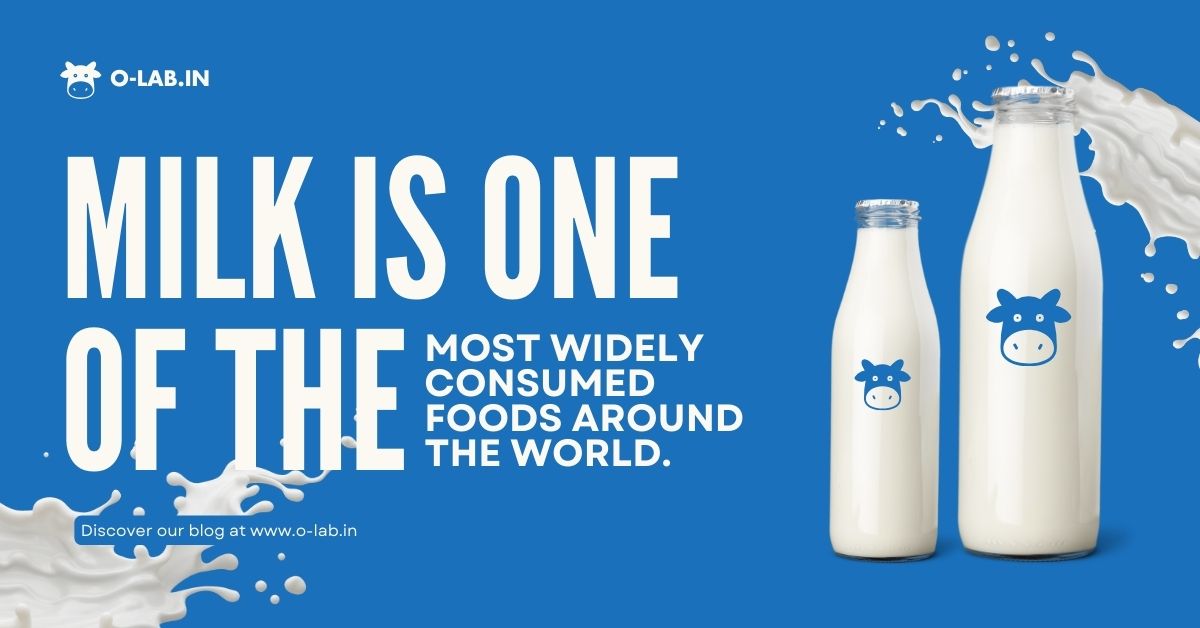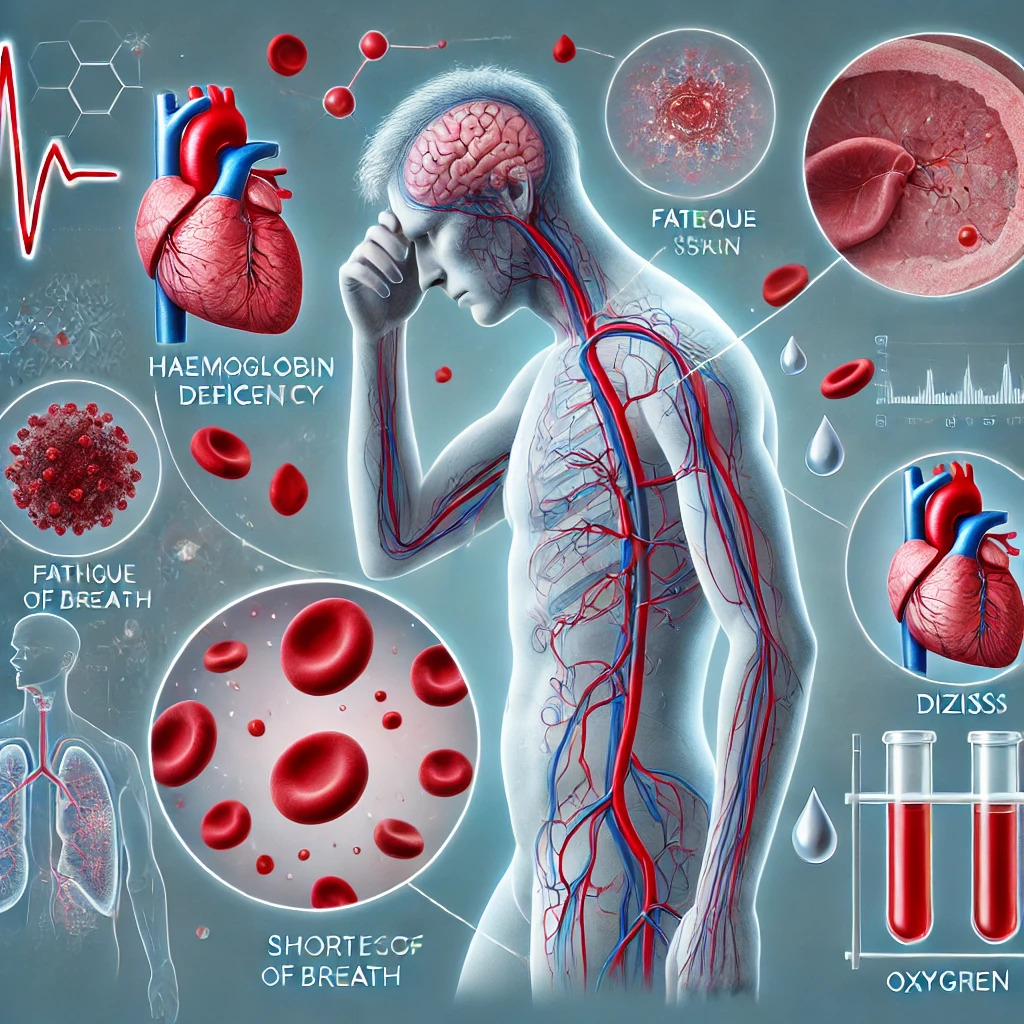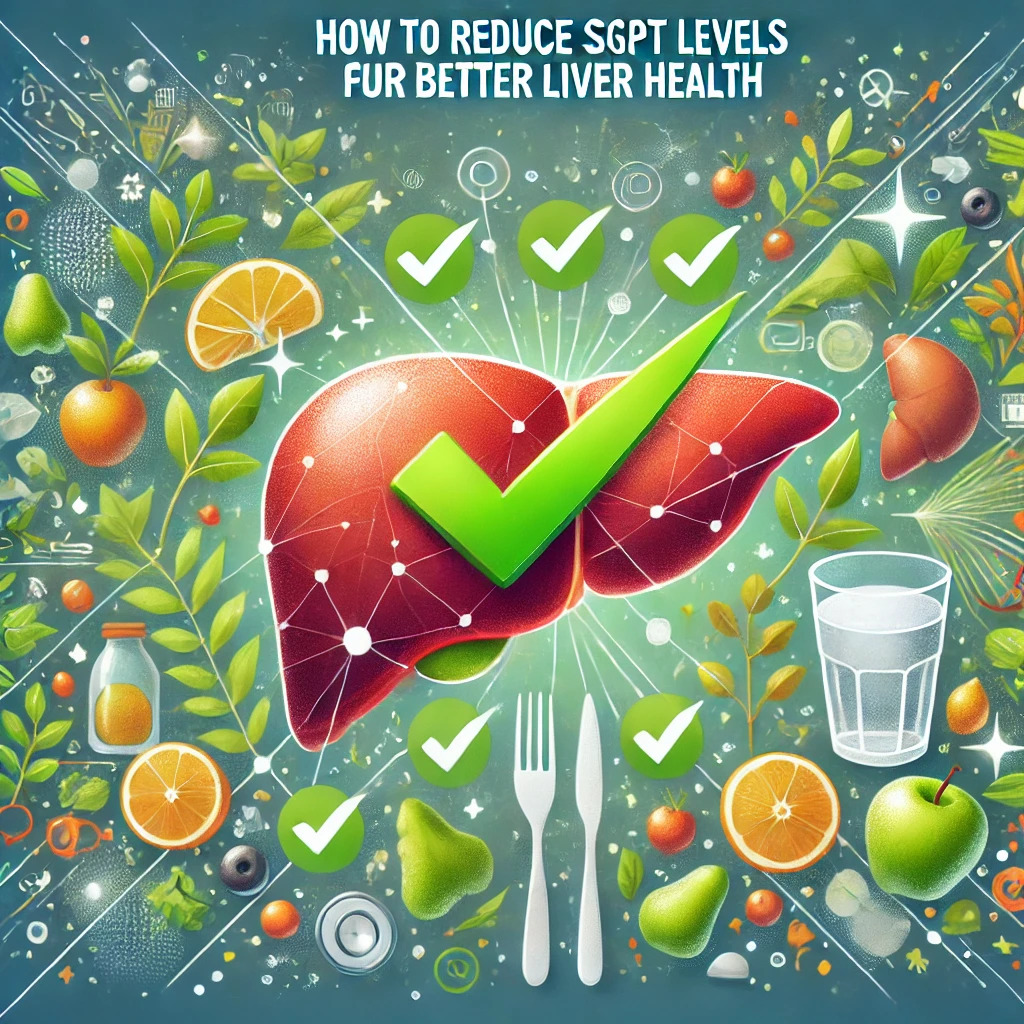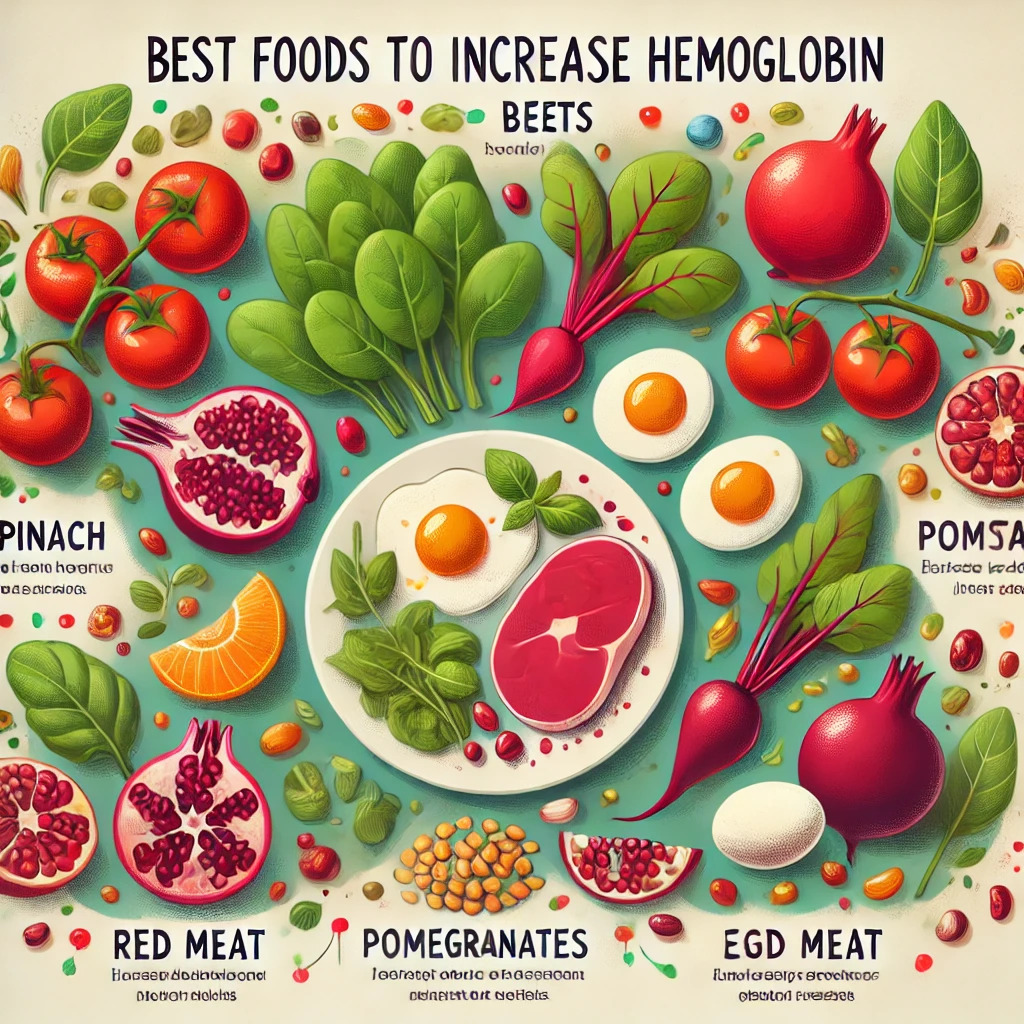How Much Calories And Protein In 500 ML Milk?

Milk is one of the most widely consumed foods around the world. It has been consumed for thousands of years. Milk holds a special place in Indian culture and also in Ayurveda.
You have always been told to drink milk for your health. Buffalo, cow, sheep, and goat milk are the most common types of milk consumed worldwide.
Have you ever wondered what 500 ml of milk does for your health?
Milk has many essential nutrients, including those people worldwide are deficient in, like potassium, vitamin D, zinc, and magnesium. Making milk a part of a balanced diet can help you get the 'nutrients of concern' in sufficient amounts.
Milk is an excellent source of calcium and protein with good bioavailability, making it a great addition to a well-balanced diet. Depending on the head of milk, processing methods, etc., the calories and protein in 500 ml milk can vary slightly.
This blog sheds light on the nutrition you get through milk, the importance of protein in your diet, and how milk can be a readily available source of protein and other vital nutrients.
Protein and daily nutrition
Protein is one of the three macronutrients you must include in sufficient amounts. Indian adults must consume 0.8 gm/kg body weight to 1 gm/kg protein daily. Athletes, bodybuilders, people engaging in intense physical activities, or people recovering from certain illnesses may require more protein in their diet. People with certain diseases and health disorders may even need lower amounts of protein than usual. Protein in 1 glass of milk is roughly around 8 grams.
A healthy body is a well-nourished body where all micro and macronutrients are adequately supplied, assimilated, and processed. Protein is a multifaceted nutrient playing a role right at the cellular level to the organ functions.
- Muscles need protein for growth, repair, and maintenance. Strong muscles keep us mobile and agile.
- The immune system also depends on adequate protein levels to function well and produce antibodies.
- Enzymes are catalysts in various biochemical reactions and are also made of proteins.
- Optimal and timely tissue repair and regeneration is impossible without adequate protein intake.
- Our body also depends on hormonal balance for its homeostasis and overall balance. Protein plays a vital role in hormonal synthesis.
- You can manage weight effectively by eating foods that provide satiety. Naturally, protein-rich foods are better at keeping us full for longer times without providing excess calories.
- The body may also use protein as energy when carbohydrate reserves are inadequate or when eating a low-carbohydrate diet.
Milk and milk products are readily available and are good sources of protein. Protein in 100 ml of milk from cow or buffalo ranges between 3 to 3.3 grams. Whole milk also has significant amounts of Omega 3 fatty acids, which are linked to good heart health and are known to reduce inflammation in the body.
Different types of proteins in 500 ml of milk
Casein is a protein found in milk, comprising about 80% of the total. It is digested slowly, providing satiety for longer while slowly releasing amino acids. These amino acids are the building blocks of proteins.
Whey is the second type of protein found in milk, comprising about 20% of the total milk protein. It is a prevalent form of protein supplement for gym-goers. Unlike casein, this protein digests rapidly, so it is favored by those working out, as it speeds up muscle recovery.
Plant protein sources are not complete sources as they do not contain all the amino acids, so they are best eaten in combinations like rice-dal khichdi. On the contrary, milk is a complete protein source as it has all the essential amino acids that support all functions, from repair, growth, and maintenance to immune system function.
Nutrition and protein in 1 glass of milk are also important because they are easily assimilated. The nutrients and protein in milk are more readily available for absorption and assimilation. Casein and whey have their speeds, speeding up amino acids in a balanced way. At the same time, milk has many other vitamins and minerals that synergize to nourish our bodies. For vegetarians, readily available milk is an excellent source of these nutrients and protein.
Milk nutrition facts
Cow and buffalo milk are the most important and common sources consumed worldwide.
Milk nutrition
1. Buffalo milk 6% fat, 100 ml
- Calories in 100 ml buffalo milk will be between 85-90 kcal.
- Protein in 100 ml buffalo milk will be around 3.15 grams.
- Total fat (saturated and unsaturated) will be 6 grams.
- Carbohydrates will be about 5 grams.
It also contains calcium, vitamin D, phosphorus, potassium, vitamin B12, zinc, magnesium, choline, vitamin B6, and other nutrients.
Knowing how much nutrition is in 100 ml milk, you can calculate how much milk you need to provide enough protein without going overboard on calories.
2. Cow Milk- 4% fat, 100 ml
- Calories are around 67 kcal.
- Protein in cow milk is 3.1 grams.
- Total fat (saturated and unsaturated) - 4.0 grams.
- Total carbohydrates are about 4.6 grams.
It also has other nutrients like vitamin D, phosphorus, calcium, choline, B vitamins, zinc, etc.
Skimmed milk has fewer calories, but some studies show that processing methods that remove fat may also remove some micronutrients. Fortified milk can be an answer here.
Did you add skimmed milk powder to your glass of milk to increase its protein content and make it thicker?
Difference between buffalo and cow milk
Both cow and buffalo milk can be added to a well-balanced diet, but there are some differences. It is also interesting that Ayurveda recommends cow milk for most people.
Buffalo milk is more prosperous and creamier as it has a high fat percentage. It is also available in toned and skimmed options. Cow milk has a lower fat rate naturally. The values in cow and buffalo milk are not very much different, but cow milk has more whey protein compared to buffalo milk, which has a higher percentage of casein. Both types of milk have sufficient amounts of calcium and phosphorus, but cow milk has slightly more calcium, while buffalo milk has somewhat more phosphorus.
Although cow milk has slightly less cholesterol, whether that is a consequence is unclear. This is because the role of dietary cholesterol is still being studied for its impact on health and total cholesterol levels.
Significance of 500 ml milk nutrition
Besides other nutrients in milk, it is essential for calcium, protein, and vitamin B12.
The RDAs for calcium for Indians have been recently revised. It was 600 mg for Indian adult men and women. Now, it is 1000mg per day. 100 ml of milk has between 116 and 120 mg of calcium. 500 ml milk can provide five times this, arousing calcium. A well-balanced diet and fortified foods can provide the rest.
We need around 0.8 to 1 gram of protein per kg body weight for most people except for those who have health issues, are into sports, or perform intense physical activities. Protein in 100 milk ranges between 3.1 to 3.3 grams. So, 500 ml of milk can provide between 15 and 16.5 grams of protein. Knowing these values makes incorporating protein from other sources easier to get the rest according to your weight and lifestyle.
Why should you add a cup of milk to your diet?
Plant sources of food do not contain vitamin B12 naturally unless they are fortified. Milk is a good source of this vital vitamin, integral to red blood cell production, nervous system health, and other functions.
Milk is a complete food with a good amount of protein that our bodies can easily absorb. It has an excellent balance of calcium and phosphorus, which play a role in our bone health.
It also has vitamin D, which works synergistically with calcium for better absorption. Vitamin D also plays a huge role in other body functions and also for mood.
It has all the essential amino acids. Both magnesium and calcium support our nervous system, cellular health, and muscular system.
Apart from vitamin D, it also has Vitamin A. Both are fat-soluble vitamins, and the presence of natural fats in milk improves their absorption.
Today, we all know about the gut-brain connection and how good gut health is essential to our overall health. Lactose in milk can help the healthy bacteria in our gut.
Milk is a versatile ingredient that can be drunk on its own, added as a base in many dishes, added to drinks like tea or coffee, and so on.
But the most important thing is that it can also be had in other forms. Milk products, especially fermented ones, can provide all the nutrients in a much-concentrated form. Not only are these fermented milk products, like curd, yogurt, cheese, kefir, etc., more accessible to digest, but their probiotics improve our gut health.
500 ml of milk is significant as adults are recommended to take 2-3 servings of milk or milk products in a day unless they have health issues or practice veganism. A single serving is around 200-250 ml of milk. 500 ml makes it two servings, which may be sufficient for most people. You can take it in the form of milk, curd, yogurt, kefir, cheese, etc.
Pregnant and lactating females need an additional serving as their requirements for calcium, protein, vitamin B12, and other nutrients are higher. If you cannot or don't want to take milk, consult your doctor; you must take supplements.
Don't want to have milk?
It can be a conscious choice for people not to take any form of dairy. Vegans do not take any dairy or other animal food products. In such cases, supplements, fortified foods, and a well-balanced diet can meet their requirements for calcium, protein, vitamin B12, and other nutrients.
Others don't do it out of choice but because they are lactose intolerant. Lactose is the sugar found in milk, and the body breaks it down using an enzyme called lactase. Some people are or may become deficient in this enzyme, so they cannot digest milk. They can buy lactose-free milk and milk products. Many of these people can take fermented milk products like curd, yogurt, and kefir without issues, as fermentation breaks down lactose into simpler sugars the body can digest. Aged cheese has lesser amounts of lactose, which is why it can be eaten in small quantities.
Conclusion
Two servings or around 500 ml of milk can be a great addition to a well-balanced diet to meet protein, calcium, and other nutrient needs. Those who need to restrict calories and fat can choose the toned or skimmed options. Pregnant and lactating women are generally advised to increase their serving of milk or milk products. For growing children, milk should be used as a supplementary food rather than the leading food because they need other nutrients for proper growth.
If you want to add more milk or go dairy-free, consult your doctor and dietician to make the changes to avoid nutritional deficiencies. Many alternatives are available for these people to get complete nutrition.
At O-Lab in Jammu, we offer tests for Calcium levels, Vitamin B12, cholesterol, and many other health issues. We also provide checkup packages to monitor your health. We offer economical test prices for gold-standard test facilities, home collection, and quick turnaround time.





